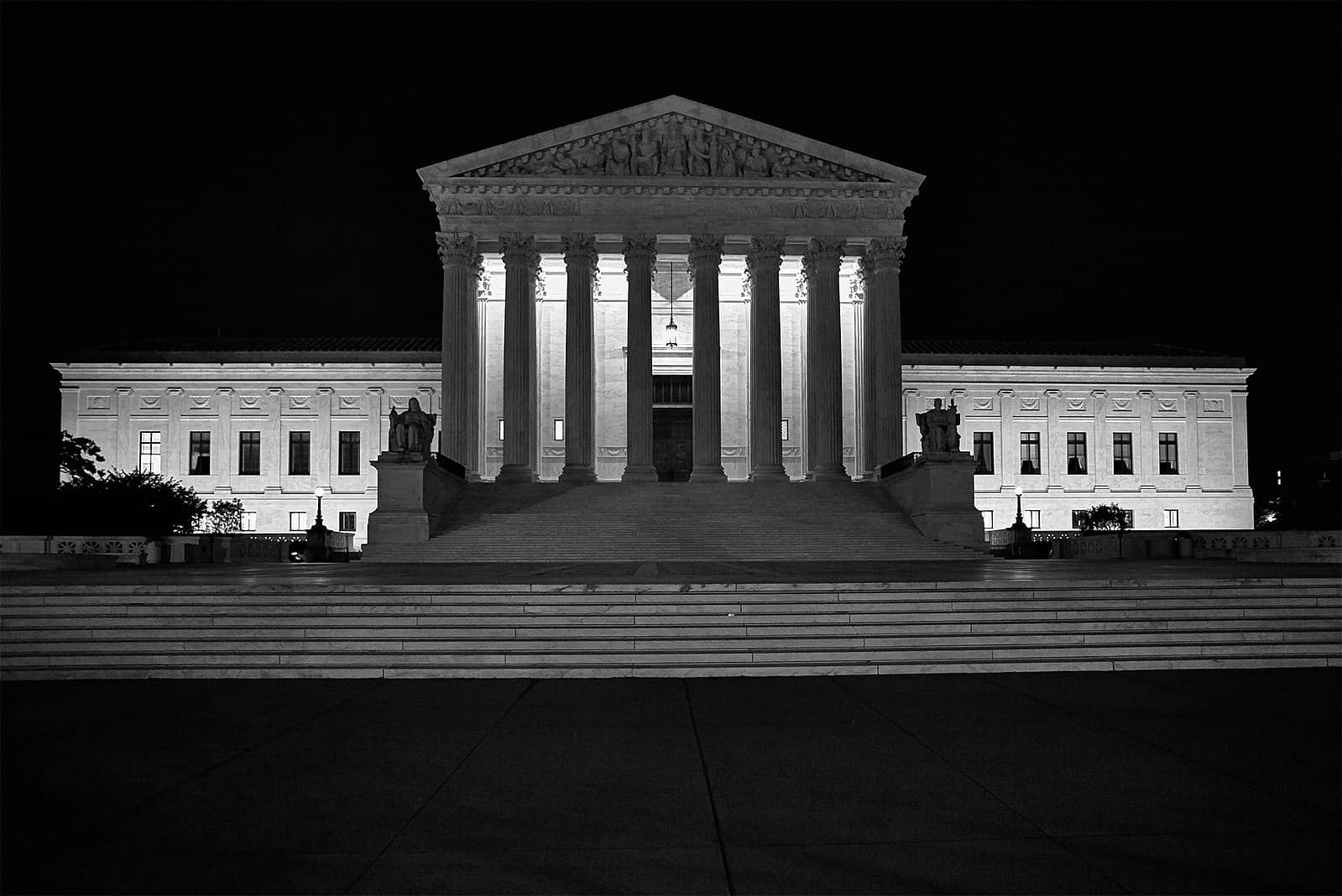
Fred Wang is a student at Harvard Law School.
Forced arbitration denies workers their day in court. Over the past few decades, the Supreme Court has made it increasingly difficult for workers to avoid arbitration. This month, the Court will hear three more cases involving arbitration-related disputes. The first — Morgan v. Sundance, Inc. — concerns whether an employee must make an additional showing of prejudice before a court will conclude that their employer waived its right to arbitrate. The second — Southwest Airlines Co. v. Saxon — asks whether an airline cargo loader is a worker engaged in interstate commerce and therefore exempt from the Federal Arbitration Act, a federal law compelling judicial enforcement of arbitration agreements. And finally, the third — Viking River Cruises, Inc. v. Moriana — contemplates whether states can empower workers who have signed arbitration agreements to still sue their employers for labor law violations on the state’s behalf.
Alto — a new, Dallas-based ride-hailing service — is using employee classification to distinguish itself from competitors like Uber and Lyft. The company promises to set “a new standard for rideshare.” It has its own fleet of luxury SUVs and aims to transition its vehicles to all electric next year. Most importantly, Alto is the first rideshare provider to staff its workforce with full-time employees with benefits and starting wages of $17 to $20 per hour. At a time where rideshare companies are under fire for aggressively pushing to misclassify drivers as “independent contractors,” Alto’s business model is looking to capitalize on a customer base that is more sensitive to workers’ rights.
Relatedly, Teamsters union leadership is backing a Uber- and Lyft-friendly worker-classification bill currently moving through the Washington State Legislature. The bill would legally classify gig workers as “independent contractors,” not employees — in exchange for meager benefits that fall short of the pay employees would be entitled to. Union leaders maintain that compromise now will stave off more aggressive Uber- and Lyft-backed initiatives in the future. But as a new piece in Jacobin argues, there is no promise that gig employers will stand down — and workers would be foolish to trust those who have “betrayed their promises to us and local legislatures time and time again.”






Daily News & Commentary
Start your day with our roundup of the latest labor developments. See all
July 11
Regional director orders election without Board quorum; 9th Circuit pauses injunction on Executive Order; Driverless car legislation in Massachusetts
July 10
Wisconsin Supreme Court holds UW Health nurses are not covered by Wisconsin’s Labor Peace Act; a district judge denies the request to stay an injunction pending appeal; the NFLPA appeals an arbitration decision.
July 9
the Supreme Court allows Trump to proceed with mass firings; Secretary of Agriculture suggests Medicaid recipients replace deported migrant farmworkers; DHS ends TPS for Nicaragua and Honduras
July 8
In today’s news and commentary, Apple wins at the Fifth Circuit against the NLRB, Florida enacts a noncompete-friendly law, and complications with the No Tax on Tips in the Big Beautiful Bill. Apple won an appeal overturning a National Labor Relations Board (NLRB) decision that the company violated labor law by coercively questioning an employee […]
July 7
LA economy deals with fallout from ICE raids; a new appeal challenges the NCAA antitrust settlement; and the EPA places dissenting employees on leave.
July 6
Municipal workers in Philadelphia continue to strike; Zohran Mamdani collects union endorsements; UFCW grocery workers in California and Colorado reach tentative agreements.